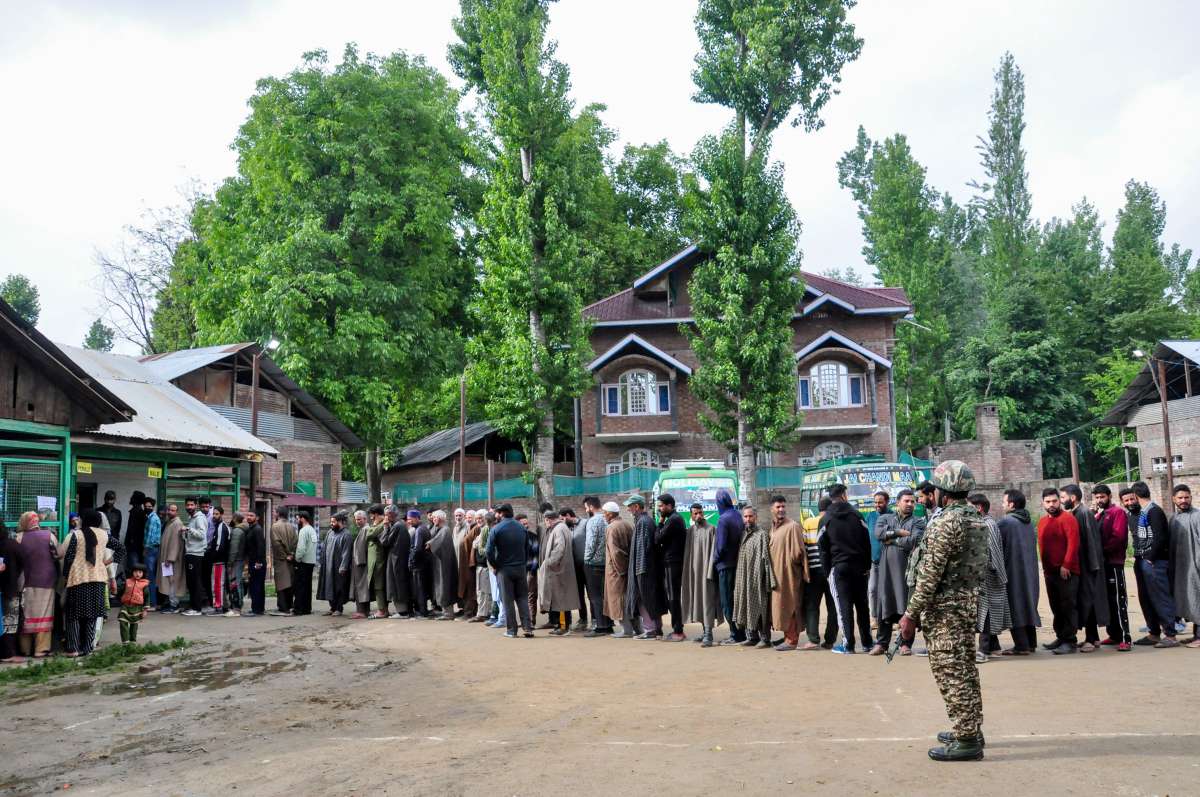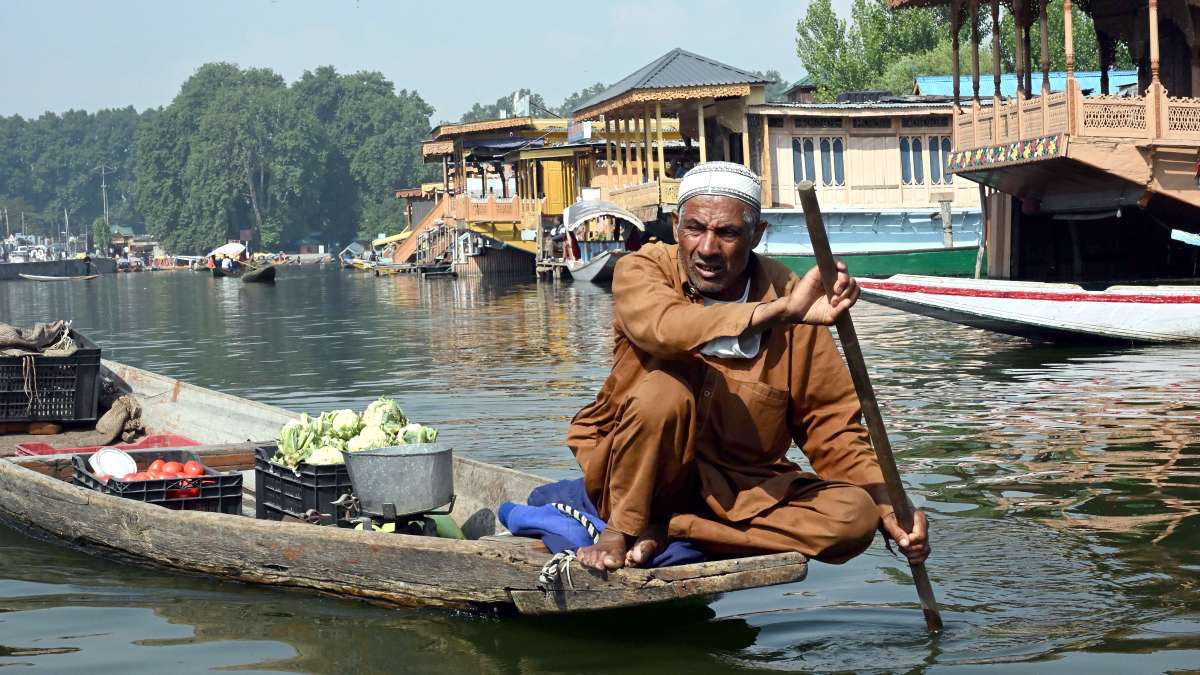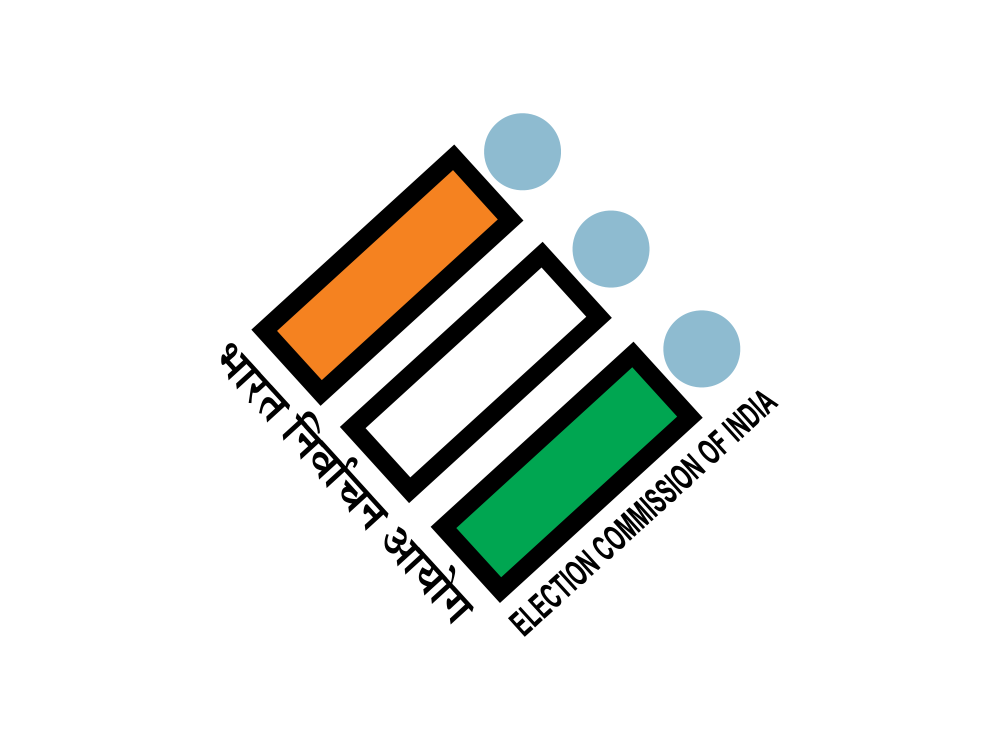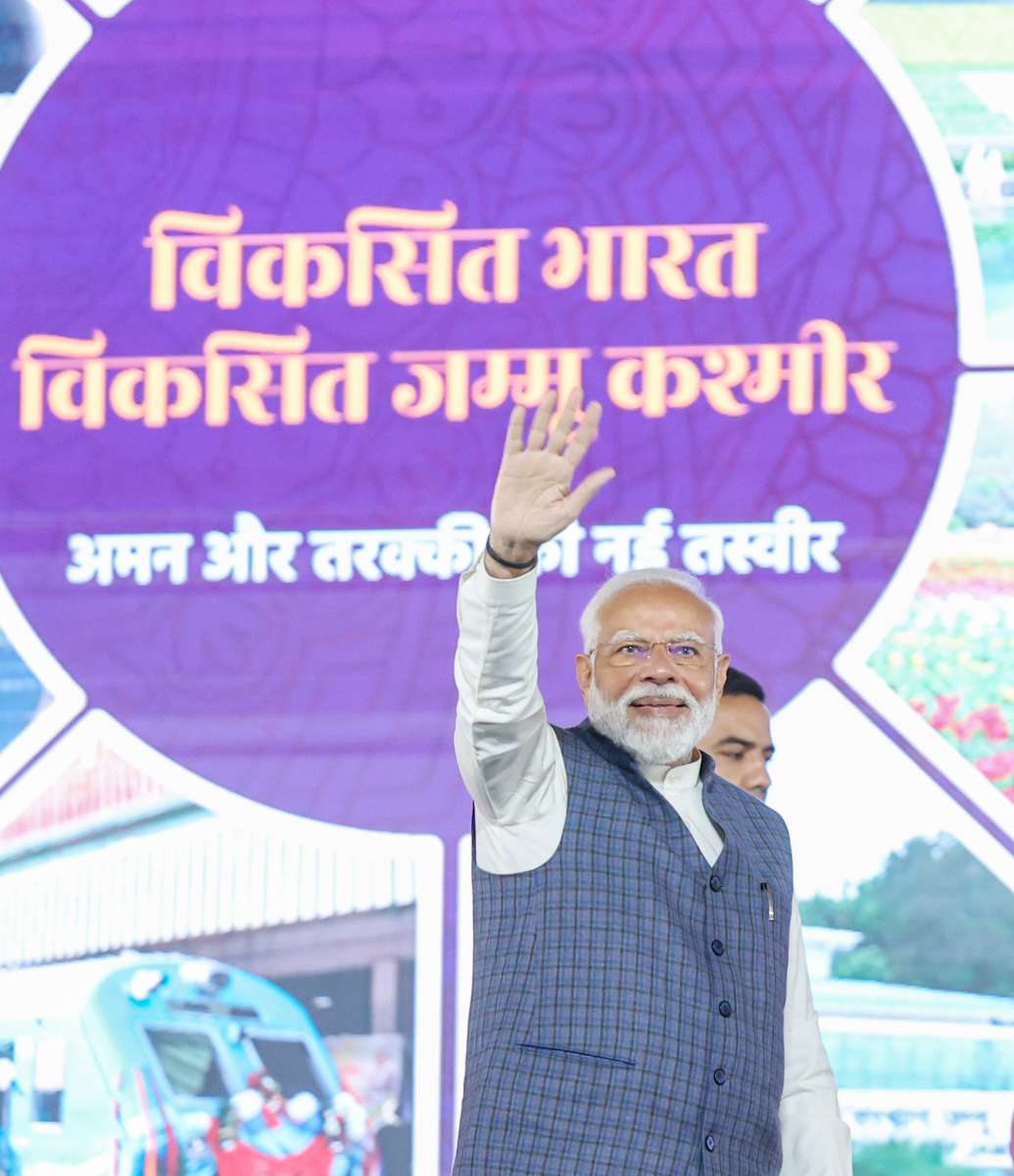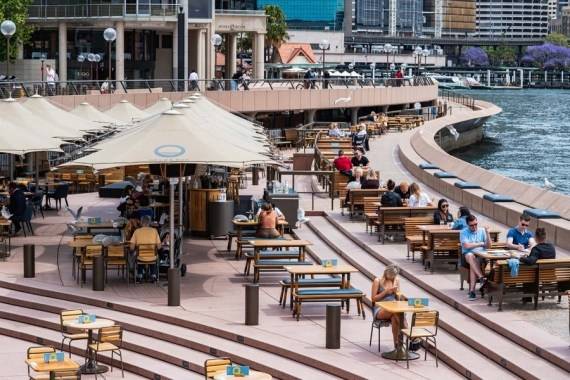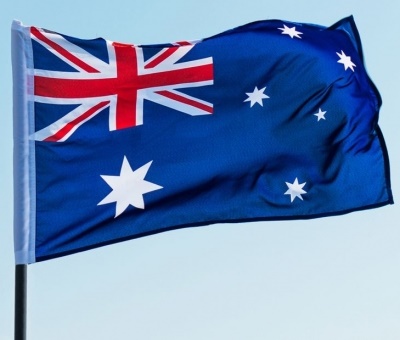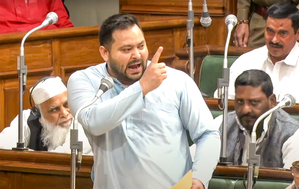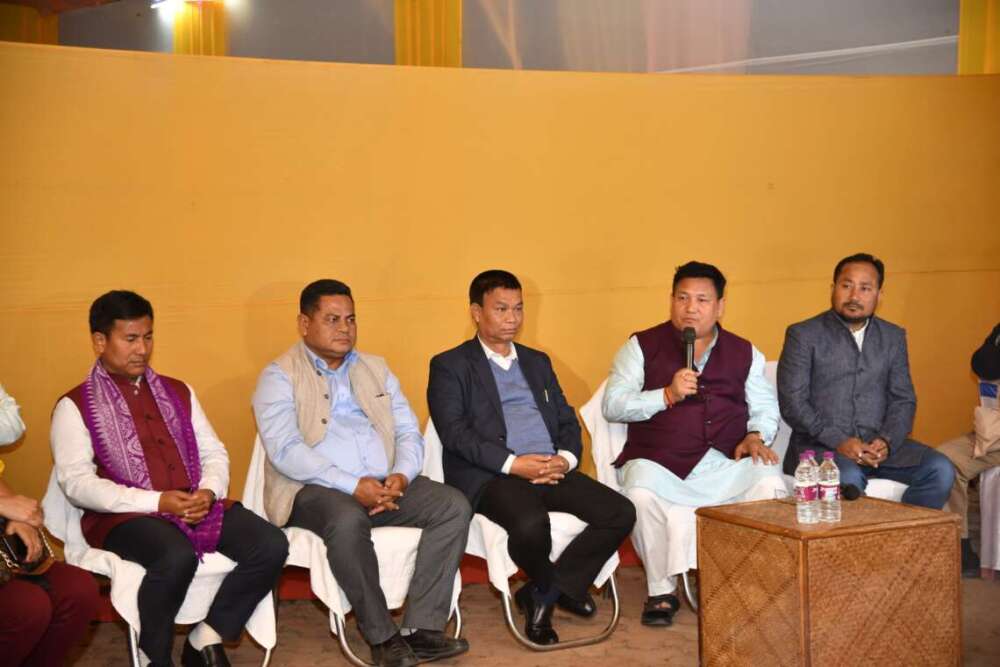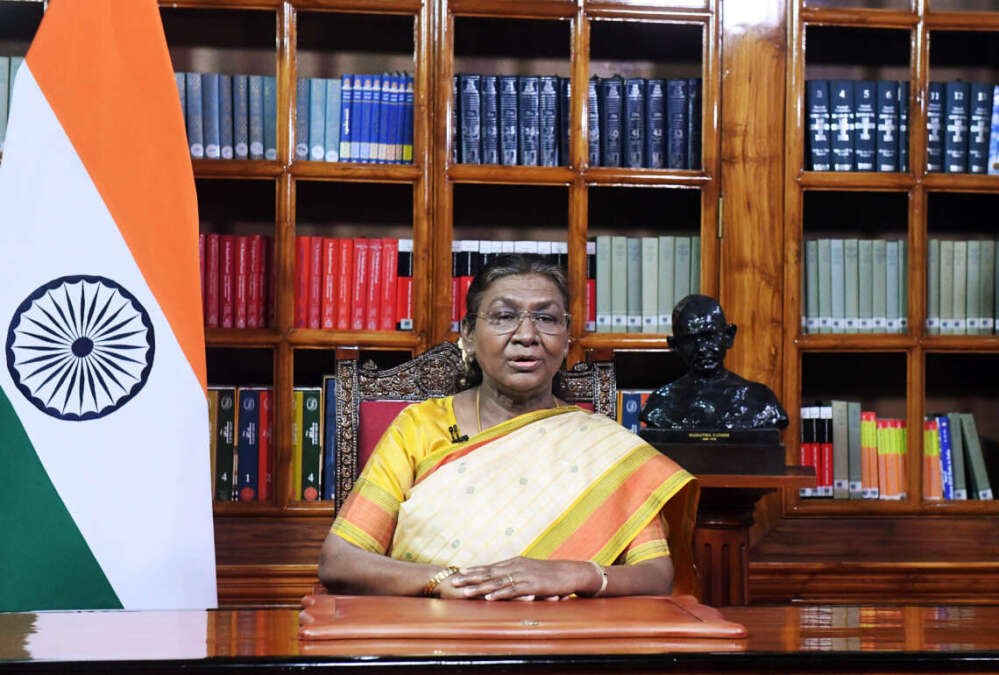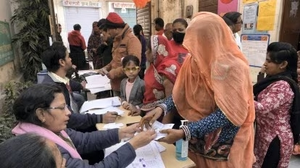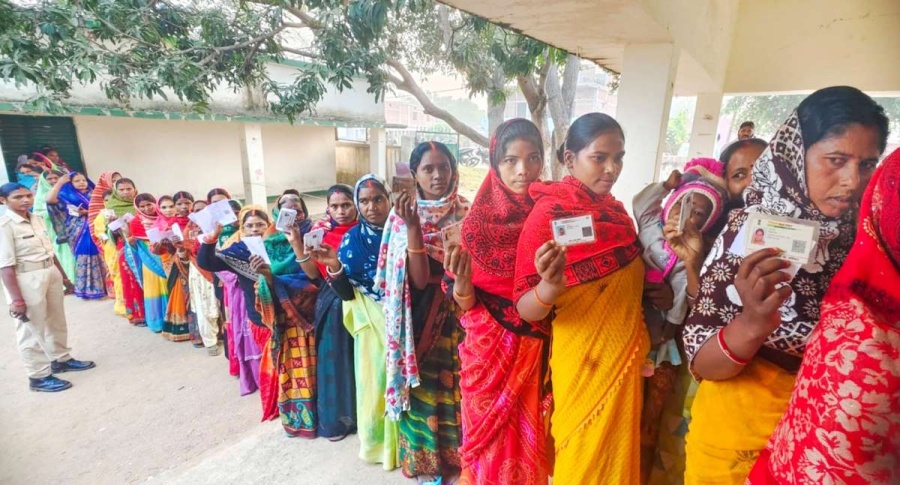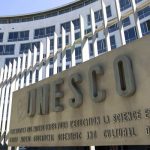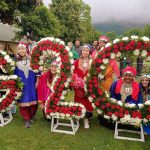Kashmir wrote a new chapter on May 13 when Srinagar recorded about 38 percent voter turnout, writes Noman Hossain
When 62-year-old Ghulam Qadir Wani went to vote in his Srinagar constituency in India’s national elections, what he had uppermost in his mind was hope. A hope for the future in a region which only witnessed despair, violence, stone-pelting, and negativism for decades.
“This is not a vote in protest against our past; it is a vote of umeed (hope), of the hope of a better future,” Wani told the Indian Express correspondent as he cast his vote at Dara.
As he inked his finger for the vote, the sexagenarian made a bold statement for democracy and the rule of law in a region once roiled by protests, insurgency, and anti-government sentiments that found expression in the boycott of elections.
Cut back to the polling this May in Jammu and Kashmir, the call to boycott the elections is a thing of the past. Once a common tactic of political parties, especially regional parties and separatist groups, Kashmir no longer speaks in the same language as it did before the abrogation of Article 370 in August 2019.

Earlier, the Kashmir Valley witnessed many elections, including local body polls, amid boycotts called by either regional parties or separatist groups, or by both, leading to abysmally low voter turnouts.
Conducting the 2024 Lok Sabha polls in Kashmir in a free, fair, peaceful, and participatory manner was a significant challenge for the Election Commission of India (ECI) as the valley was going to polls for the first time since the abrogation of Article 370 and the enactment of the Jammu and Kashmir Reorganisation Act, 2019.
Polling was held in the Kashmir Valley in the fourth phase on Monday (May 13), and voters turned out in large numbers as there was no boycott call from any side this time.
According to Jammu and Kashmir’s Department of Information and Public Relations (DIPR), elections were concluded in the Kashmir Valley peacefully on Monday with a remarkable 37.99 percent voting in the districts of Srinagar, Ganderbal, Pulwama, Budgam, and partly in Shopian.
ECI data shows Kashmir recorded a 14.43 percent voter turnout in the 2019 Lok Sabha polls.
Quoting the state’s Chief Election Officer (CEO) Pandurang K Pole, the DIPR said, “This time, there was no boycott and no polling station recorded zero percent or nil voting which speaks of people’s firm trust in the democratic system as imperative for their overall welfare.”
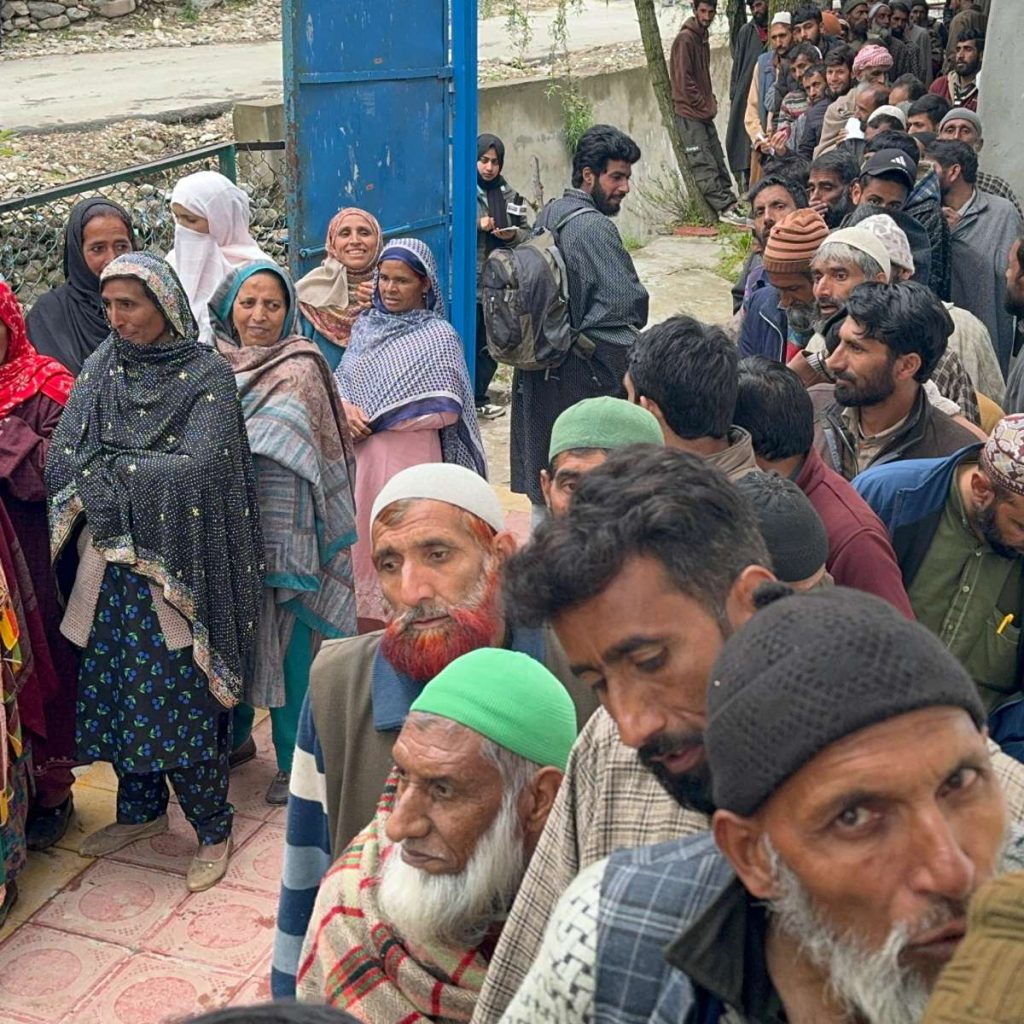
The ECI also shared data about the gross voter turnout recorded in past Lok Sabha polls in the Srinagar PC, and the valley recorded the highest ever voter turnout in the 1996 general elections — 40.94 percent.
Not only has voter turnout increased, but data from the Press Information Bureau (PIB) also shows the number of candidates contesting in the polls has risen.
There were 24 candidates in the fray compared to 12 in the 2019 general election.
The J&K CEO attributed the success behind this significantly increased polling percentage to improved security and law and order in the last 4-5 years, mobilization by 24 candidates and political parties, election awareness, and more importantly, voters’ strong belief that it is the ballot which can lead to sustainable development.
‘Boycott poll’ no longer a ‘trend’ in Kashmir
Five years ago, in the 2019 Lok Sabha polls, the administration in Shopian, barely 52 km from Srinagar, had to press an army helicopter to drop election personnel and polling material to a polling station in Zainapora subdivision, which is just a 35-minute drive from district headquarters, as there was a huge security concern amid the ‘boycott poll’ call by separatists.
According to reports, the area was hit by militant activity, ignited by the influence of Hizbul Mujahideen commander Burhan Wani, who was shot dead by security forces in 2016, spurring a wave of violent protests across the Kashmir Valley.
Kashmir also witnessed the incident of a human shield in the 2017 Srinagar Lok Sabha by-election — a 26-year-old man captured by the Indian Army was tied as a human shield to the front of an army jeep as a column of Indian troops moved through a locality amidst violence.
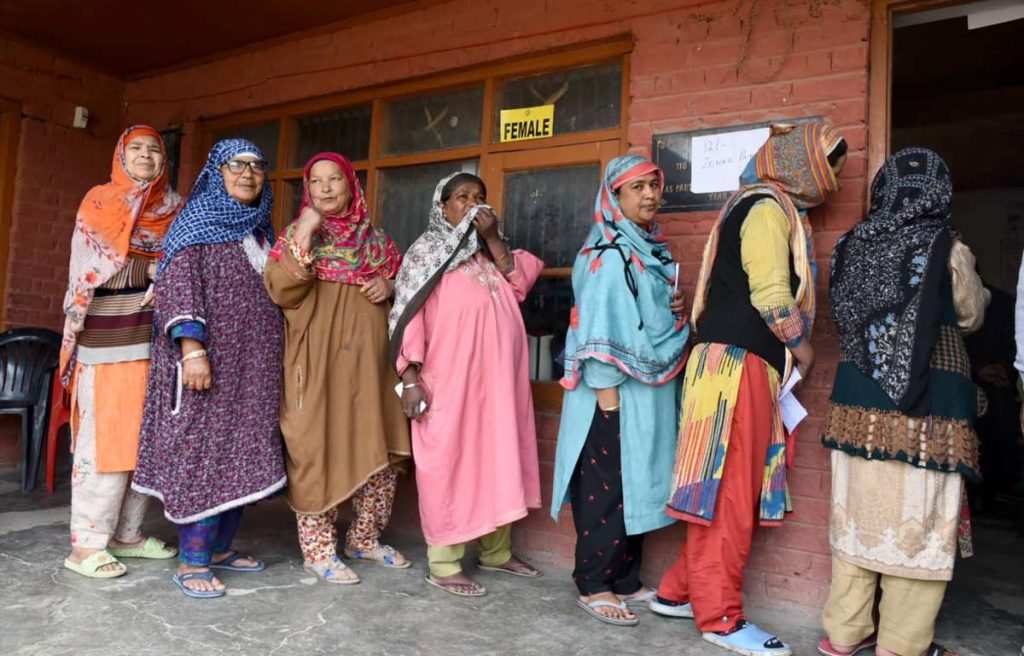
During the elections, candidates and their supporters almost steered clear of campaigning, with militants and separatists issuing boycott poll calls.
Since 1990, elections in the region have been overshadowed by terrorist activities, leading to widespread election boycotts. The persistent threat of violence and calls for boycott by separatists and terrorist groups have historically deterred voter turnout.
However, these incidents are now relegated to the past. The scenario is changing in Jammu and Kashmir as the valley chooses ballots over boycotts.
According to a report by the Kashmir Observer, experts now observe a shift in the situation in Jammu and Kashmir, marked by a cessation of separatist activities and a decline in incidents like stone-pelting.
With intensified crackdowns on terrorist organizations and separatist parties, there has been a notable absence of calls for election boycotts. This newfound peace has fostered a conducive atmosphere for increased voter participation, reported Kashmir Observer.
According to an opinion piece titled “Poll Boycott Now a History in Kashmir” published in Brighter Kashmir, there has been a discernible change and improvement in the ground situation in Jammu and Kashmir, and today the poll boycotts are conspicuous by their absence.
“Those bad days of poll boycott and calls for bandhs are over, and the common people are feeling much relieved. There is peace, normalcy, and tranquillity seen everywhere from North to South and East to West in Kashmir, and people are actively participating in the elections as there is no fear now of gun-tottering mercenaries as the brokers of militancy no longer give calls of poll boycott,” the opinion piece read.
“It is for the first time in the history of militancy that there are no calls and enforcement of poll boycotts, and the people are in favour of peace, prosperity, and development,” it added.
Kashmir wrote a new chapter on May 13 when Srinagar recorded about 38 percent voter turnout. Whoever wins, terrorism and anarchy lost in Kashmir as people peacefully pressed the buttons in the EV machines.
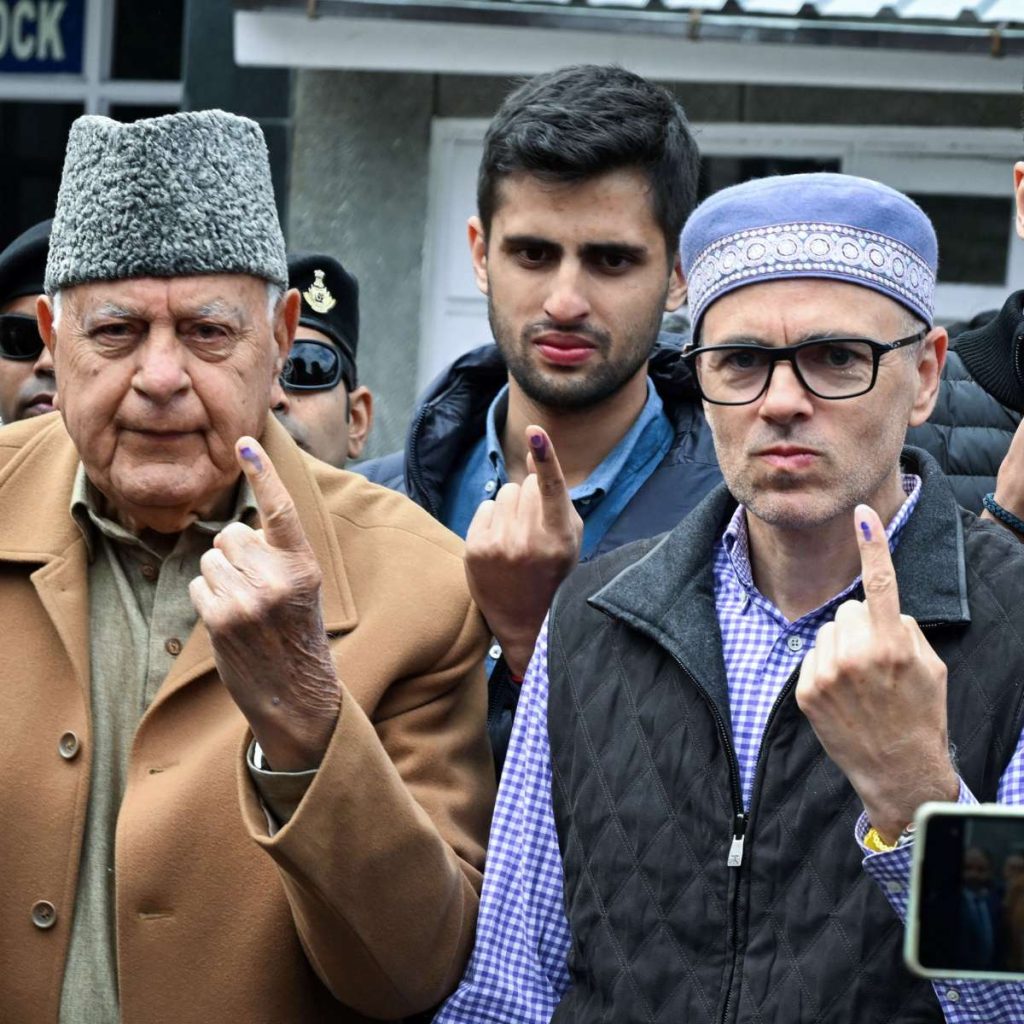
Modi, J&K LG congratulate people
Prime Minister Narendra Modi applauded the people of the Srinagar parliamentary constituency for the “encouraging turnout” of 38 per cent, which is more than double the 14.43 pc polling in the 2019 Lok Sabha elections.
In the first general election in the valley after the abrogation of Article 370 in August 2019, polling took place in 2,135 polling stations on Monday across the Srinagar Lok Sabha constituency containing assembly segments of Srinagar, Ganderbal, Pulwama, Budgam and Shopian districts.
In his post on X, PM Modi said, “Would especially like to applaud the people of Srinagar Parliamentary Constituency for the encouraging turnout, significantly better than before. The abrogation of Article 370 has enabled the potential and aspirations of the people to find full expression. Happening at the grassroots level, it is great for the people of J&K, in particular the youth.”
Jammu and Kashmir Lt Governor Manoj Sinha also congratulated the people and all stakeholders on the voter turnout in the Srinagar parliamentary constituency – the highest since the 1996 elections.
“Today, people came out in large numbers to cast their votes in Srinagar Parliamentary Constituency and reaffirmed their faith in democracy and the constitution. I commend the hard work by all the stakeholders for free, fair, peaceful and smooth conduct of the polling,” he said in a tweet.
“It is heartening to see the huge surge in voting percentage in the biggest festival of democracy. I truly appreciate the enthusiasm of electors and hopeful to see historic turnout in the next two phases. I appeal to all to vote without fear and vote with responsibility and pride.”
Srinagar voter turnout of 38 per cent in the 2024 Lok Sabha polls is the highest in several decades. There are 24 candidates in the fray as compared to 12 in the 2019 general election.
The voter turnout in Srinagar was 14.43 per cent in 2019, 25.86 per cent in 2014, 25.55 per cent in 2009, 18.57 per cent in 2004, 11.93 per cent in 1999, 30.06 per cent in 1998, and 40.94 per cent in 1996.
According to the Election Commission, voters from Srinagar, Budgam, Ganderbal, Pulwama, and Shopian showed up in record numbers to cast their votes in a show of faith and enthusiasm in the election process.
Chadoora, Ganderbal, Kangan, Khansahib and Shopian Assembly segments recorded more than 45 per cent voter turnout.
“Polling personnel, including security personnel, worked tirelessly to ensure that an atmosphere of calm, peace and festivities welcomed voters at the polling stations,” the ECI said.
“More than 8,000 polling staff were on duty to cater to the over 17.47 lakh strong electorate. Command-and-Control centres have been working round the clock in Srinagar as well as Jammu since March 16, the date of announcement of general elections to ensure free, fair and inducement-free elections,” it added.
The commission has enabled Kashmiri migrant voters residing at various relief camps in Delhi, Jammu and Udhampur to also have the option of voting in person at designated special polling stations or using postal ballot. 21 special polling stations were established at Jammu, one at Udhampur and four at Delhi. (ANI)
ALSO READ: Srinagar sees highest voting in 35 years


